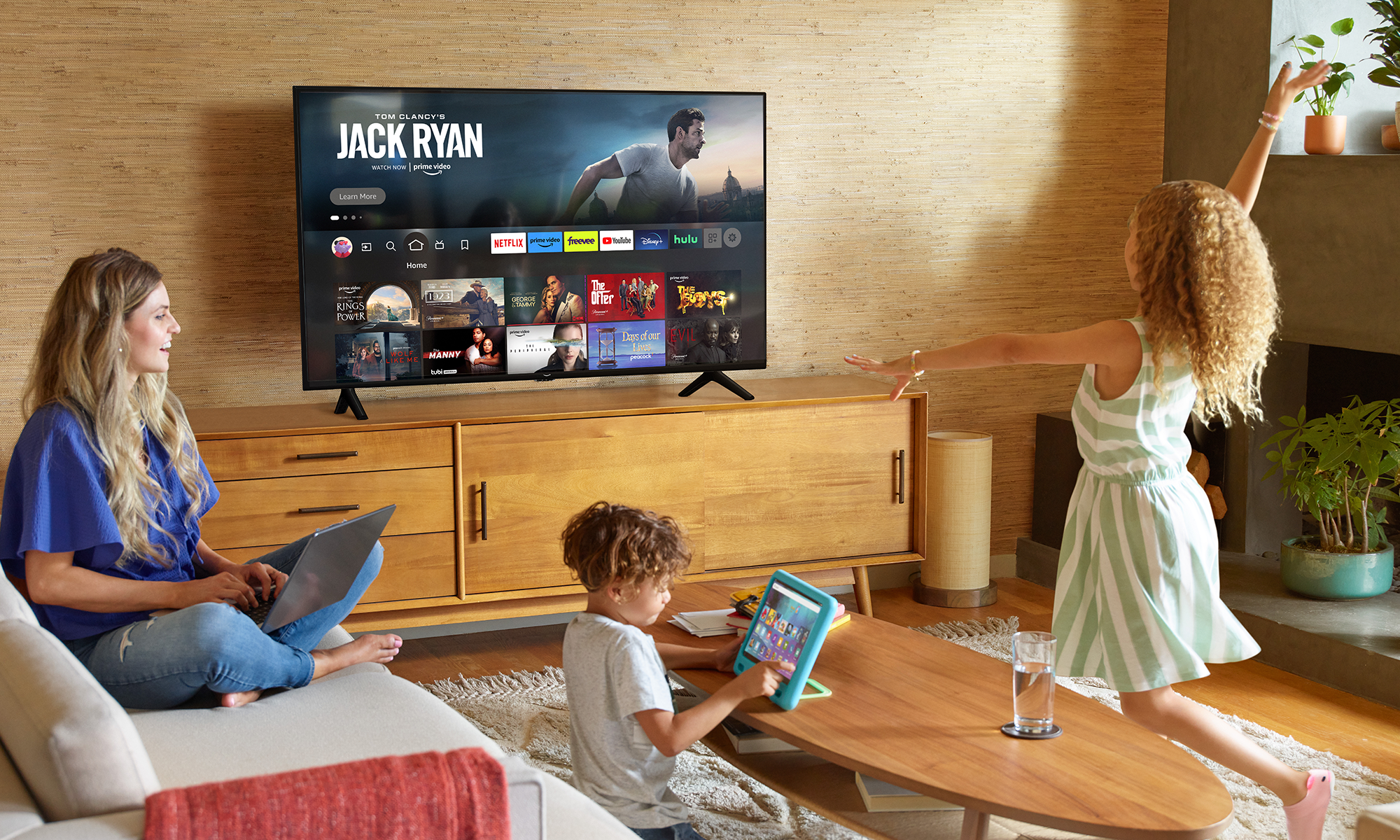For the past several years, the battle for video game console supremacy was a two-sided conflict between Microsoft (MSFT 0.45%) and Sony (SNE 0.48%). These two titans of video games constantly battle and release new iterations of their Xbox and PlayStation consoles within a few months of each other. Each has developed a large following, with legions of devoted fans.
Even former perennial stalwart Nintendo (NTDOY 0.20%) has become an also-ran in the war for gamers' attention. Despite holding hugely popular franchises such as its Mario and Zelda titles, Nintendo hasn't been able to keep up with the technological supremacy of the Xbox and PlayStation consoles.
It's for these very reasons that the Fire TV, and the first foray into gaming from Amazon.com (AMZN 0.45%) probably won't make much of a splash. The Fire TV simply isn't likely to match the consumer connection of the Xbox and PlayStation consoles.
The low end has no staying power
The reason why Nintendo got pushed out of the video game war is the reason why the Fire TV won't be able to push itself in. Nintendo's Wii disrupted the video game industry with its advancements in user-control technology. But the Wii's strategy of appealing to casual gamers and family based entertainment did not last. Microsoft's and Sony's commitment to hardcore gamers is what has given their two consoles staying power.
While the Wii pumped out a slew of poorly rated games on a system lacking in visual appeal, the Xbox and PlayStation consistently push the limits of what a video game console can do. Essentially, gamers have proven time and again that they prefer quality over quantity.
Paying up for consoles
With its Fire TV, Amazon risks placing itself on the same path as Nintendo. The Fire TV, from a video game standpoint, is lacking in exclusive titles. There's only one exclusive title released so far, which costs $7 or is free with the purchase of an Amazon Fire TV controller.
Low pricing seems to be the biggest appeal of the Fire TV's video game ambitions. The Fire TV sets you back just $99, but video game enthusiasts have proven time and time again to be willing to pay up for quality. For example, Microsoft's Xbox continues to be hugely popular, despite costing several hundred dollars more than the Amazon Fire TV. Microsoft sold 5.1 million Xbox One consoles in the past six months. As a testament to the staying power of the Xbox brand, Microsoft even sold 4.3 million Xbox 360 consoles in that time frame as well.
Likewise, Sony announced last month that its PlayStation 4 had eclipsed 7 million devices sold worldwide. A lot of this has to do not just with the PlayStation's technological power, but also its software offerings. PlayStation games are simply more enjoyable and have much more to offer, which is probably why Sony also announced it had sold 20.5 million software copies as of April 13.
The Foolish bottom line
By appealing to casual gamers and families -- as well as under-cutting existing consoles on price -- Amazon is trying to carve out its own piece of the video game industry. But by doing so, Amazon is basically employing the Nintendo strategy. Nintendo did the same thing with its previous iterations of the Wii, and the results speak for themselves.
Amazon's Fire TV is a compelling device that offers a number of valuable services to consumers. But from the perspective of video games, it's not likely to overtake the Xbox or PlayStation any time soon.
The lesson for console developers is that gamers are more than willing to pay up for quality. Offering cheap devices usually amounts to little more than a flash in the pan, which is what the Amazon Fire TV might turn into unless it proves it can compete with the Xbox and PlayStation on gaming experience. Casual gamers might buy the Fire TV due to its novelty, which they did with the Wii as well. But with nothing to inspire customer loyalty, they aren't likely to stick around for very long.









